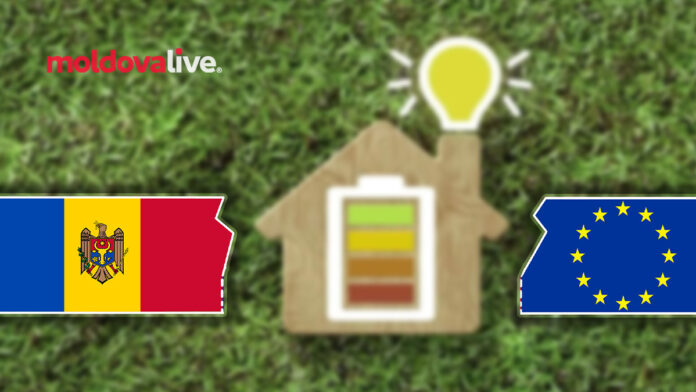Representatives from the European Union, Moldova, Armenia, and Ukraine convened online for the first Regional Meeting of the EU4Green Recovery East 2025–2028 programme. This ambitious new initiative aims to fast-track the green transition and foster a sustainable, eco-friendly economy across the region.
Moldova’s Ministry of Environment confirmed that the programme will focus on five strategic areas:
- Promoting the circular economy
- Managing water resources sustainably
- Harmonizing national environmental laws with EU standards
- Integrating and sharing environmental data regionally
- Strengthening cross-border environmental cooperation
In his opening remarks, Grigore Stratulat, State Secretary at the Ministry of Environment, emphasized the need to maintain strong partnerships with the European Union to drive environmental progress.
FOR THE MOST IMPORTANT NEWS, FOLLOW US ON TWITTER!
“The European Commission and the EU4Green Recovery East programme, along with its implementation partners, ensure we continue the results achieved under the previous EU4Environment initiative. This effective cooperation gives us a strong foundation to pursue sustainable development, economic resilience, and greater alignment with EU standards,” Stratulat stated.
Participants validated national and regional priorities during the meeting, which marked a key step in launching the programme. They also explored opportunities to improve interinstitutional coordination and collaborate with other EU-funded initiatives, international financial institutions, and EU member states through the Team Europe approach.
The event brought together delegates from the Eastern Partnership countries, the EU Delegation, the European Environment Agency, and several international organizations implementing the programme, including the Austrian Environment Agency, International Office for Water, Expertise France, OECD, UNECE, and UNIDO. Civil society representatives also participated.
The EU4Green Recovery East 2025–2028 programme builds on previous achievements and supports the region’s ecological transformation. It directly contributes to partner countries’ environmental objectives within the framework of European integration.


